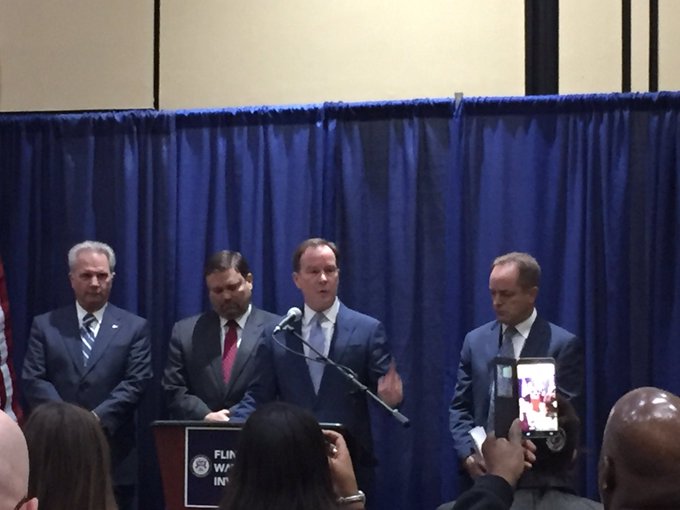It’s time to stop with the false choices on school choice - The Washington Post:
It’s time to stop with the false choices on school choice
Rahm Emanuel, a Democrat, is mayor of Chicago. He served as White House chief of staff from 2009 to 2010.
By
nominating voucher and charter school advocate Betsy DeVos to be his education secretary, President-elect Donald Trump has ignited another round of debate over school choice. Yet as cable-news talking heads argue about whether or what kind of school reform is needed in the United States, parents are having a different discussion at the kitchen table — one based on finding the best school, not whether it’s a “reform” school.
Promoting choice at the expense of quality isn’t an education strategy, it’s a political agenda. Rather, those of us creating education policy need to simply focus on providing the quality choices that students deserve.
We have seen successes when choice and quality have been pursued together. Some public charter schools, such as the Noble Network and Urban Prep in Chicago, have boosted graduation rates and increased college enrollment for low-income students of color.
Noble’s graduation rate is above 80 percent, and
100 percent of Urban Prep’s 2016 graduates were college-bound.
Despite charter success stories such as these, however, most children will continue to enroll in their local neighborhood school. We need to ensure that those schools are providing a high-quality education, too.
In the Chicago Public Schools, we implemented the largest expansion in school time — lengthening the school day and expanding the school year by
10 days. We made full-day kindergarten
universal and conducted an early-learning race-to-the-top competition to reward the best providers and removed those not meeting quality standards. We closed low-performing schools, turned around failing ones and dramatically expanded successful educational models such as International Baccalaureate (IB) and STEM.
Our graduation rate has grown by 16 points since 2011, more than three times faster than the growth in the national rate. Chicago’s
eighth-graders led large urban districts in math growth, while
our fourth-graders ranked third in reading gains. And with
42 percent of graduatesenrolling in four-year colleges and an additional 20 percent enrolling in two-year colleges, CPS is on par with the national average for college enrollment despite a student body that is more than 80 percent
low-income and minority.
But to continue this progress, those of us on the front lines need partners at the state and federal levels who are focused on quality. Previous Republican administrations sounded the alarm on educational quality, prompting renewed focus on stronger accountability. Democratic administrations pushed higher standards. The incoming Trump administration would be wise to focus on qualitative choices in four ways.



















